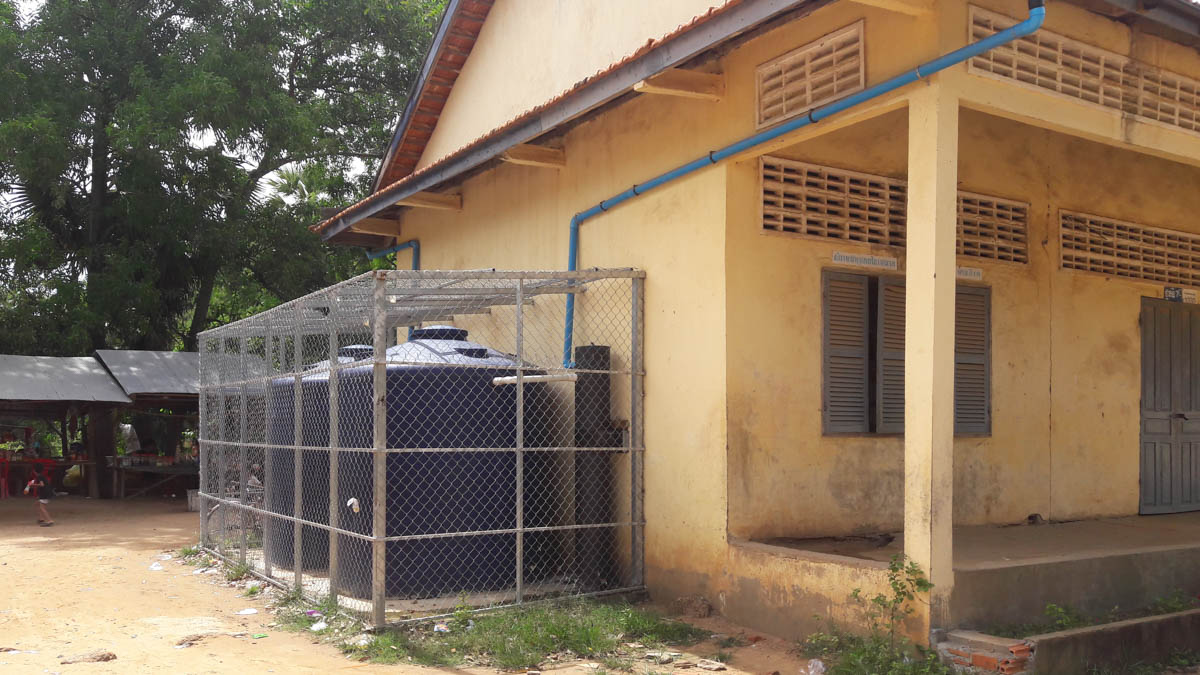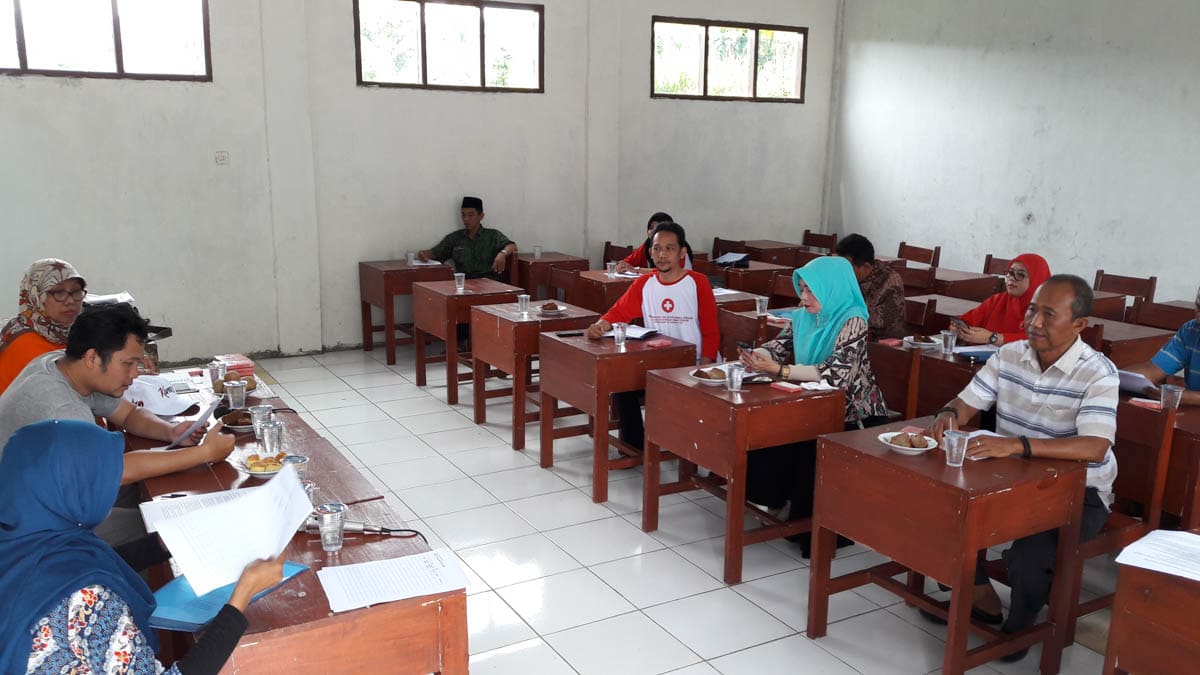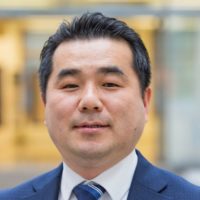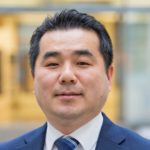Despite significant progress over the past years, almost 800 million people still lack adequate access to a sustainable drinking water supply according to the United Nations. In many rural areas, primarily in developing countries, a central drinking water supply network is either unavailable or unreliable. The deployment of decentralised water treatment units (using gravity-driven membrane (GDM) filtration technology, for example) along with integrated management of water resources establishes an excellent approach to provide villages in rural areas with a sustainable drinking water supply.
Using GDM filtration technology for safe drinking water
With the support of the Korean government, the International Environmental Research Institute (IERI) has conducted several United Nations Development Programme (UNDP) projects focused on ensuring sustainable drinking water supply in rural areas. IERI is a specialised research institute established by the Gwangju Institute of Science and Technology (GIST).
One such project relates to the use of GDM filtration technology for safe drinking water. As GDM filtration technology is typically characterised by relatively low transmembrane pressures that can be achieved by gravity only, energy consumption is minimal. Also, GDM filtration technology allows for stable operation over more extended periods without the need for any cleaning or flushing. Both elements are essential to keep the environmental footprint of GDM filtration technology solutions as low as possible.

Within the scope of this UNDP project, IERI has been working as one of six consortium groups under the Korean Ministry of Science and ICT (MSIT) and the United Nations Office for South-South Corporation (UNOSSC). Together, we implemented an integrated pilot project focused on water management in rural areas in Cambodia and Indonesia.
Reducing water-borne diseases by ensuring sustainable drinking water supply
GDM water treatment units were installed at Tu Rey Secondary School in Srey Santhor, Cambodia and Naringgul Secondary School, Sukabumi, Indonesia, during 2018 and 2019. On a larger scale, GDM-based water treatment units manufactured and donated by AMOGREENTECH have been installed over the past years in 13 countries, including Kiribati and Tuvalu in the South Pacific. By ensuring sustainable and safe drinking water supply, a significant reduction of water-borne diseases is expected.

GDM water treatment units provide villages with a sustainable drinking water supply that meets the standards set by the local authorities. Installation of additional units using GDM filtration technology GDM is scheduled in Cambodia and Indonesia, along with capacity-building actions such as technical workshops on water quality monitoring and integrated management of water resources. With such capacity-building initiatives, IERI actively contributes to supporting and strengthening the participation of local communities in improving water and sanitation management.
A strong commitment to technological solutions for the SDGs
This UNDP project is but one example illustrating IERI’s strong commitment to contribute to sustainable development and help solve climate change challenges, in particular the challenges faced by developing countries. We share this commitment with our parent organisation GIST and our peer GIST research institutes for Advanced Phonics, Solar and Sustainable Energy, Aging and Artificial Intelligence.
As our multi-disciplinary and collaborative research teams have created new technologies in the fields of health, water, energy, sustainable cities, climate, environment, and ecosystems, we have come to share G-STIC’s vision. What the world needs are integrated technological solutions (as discussed during the G-STIC conference) that address multiple sustainable development challenges at the same time, working across sectors and national boundaries.
We are therefore proud to join the Global Sustainable Technology and Innovation Community as a co-host and to lead the Climate theme in particular.
To conclude, I’d like to express my sincere thanks to Prof. Kyoung-Woong KIM, Dr. Youngpil CHUN and Ms. Olivia KIM from IERI, and to Prof. Yunho LEE, Prof. Jinho YOON and Prof. Youngjune PARK from the School of Earth Sciences and Environmental Engineering for the support during the preparation of this article.


